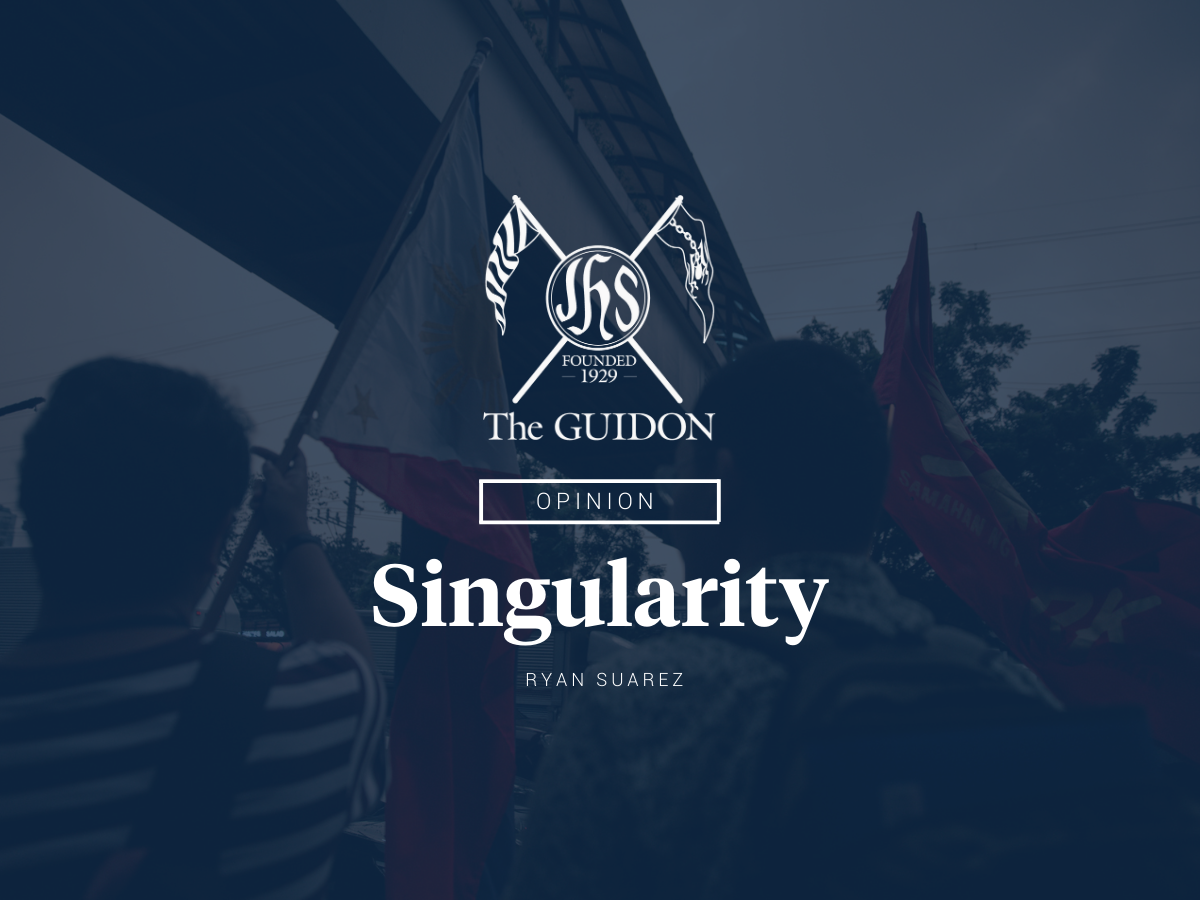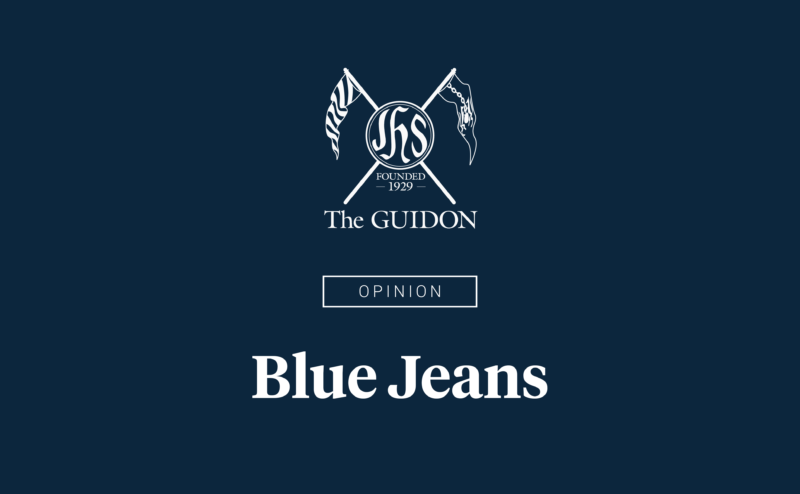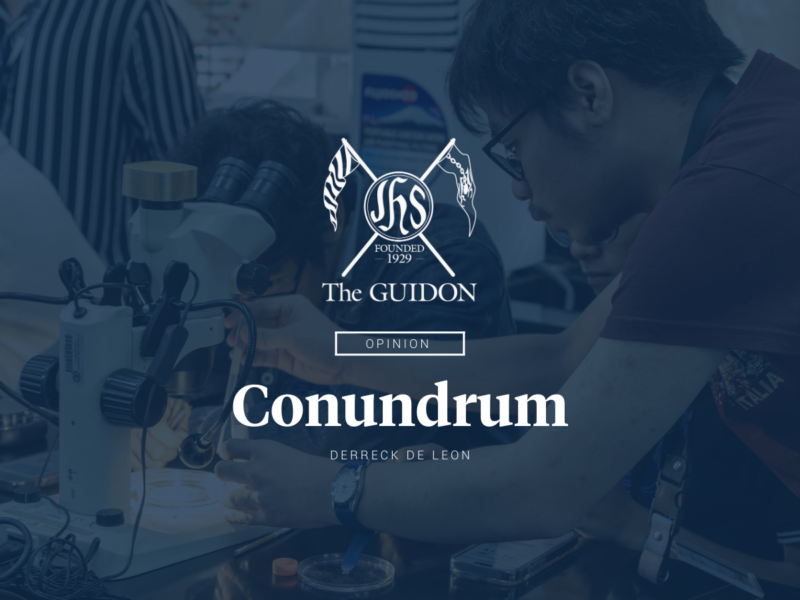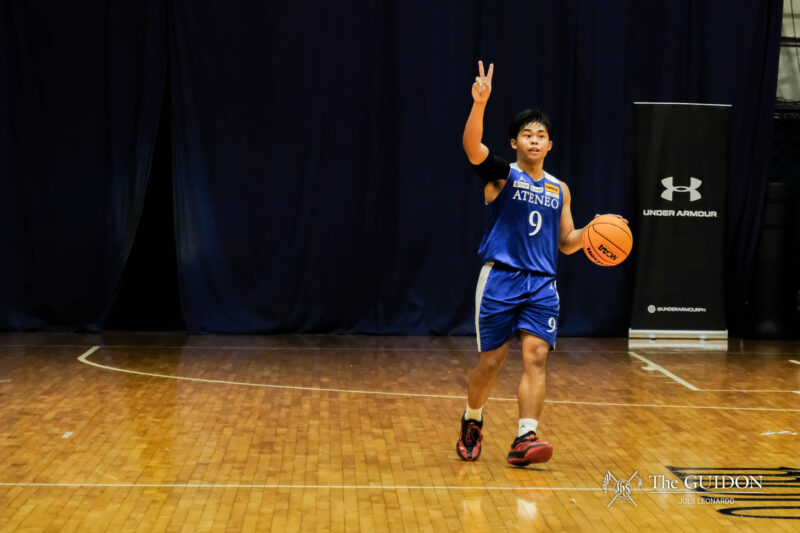THROUGH TIME, mainstream development discourse has almost always been hyperfocused on economic growth and global competitiveness. As a result, income and wealth metrics have often been set as the indicators for development, thus espousing a somewhat limited notion of what being in a “developed” state means. While improvement in these measures can elevate the quality of life for some individuals, the relentless pursuit of economic growth leaves multiple sectors and social groups behind.
In his book Development as Freedom, Nobel Prize winner and economist Amartya Sen forwarded the notion that development should be perceived as the process of expanding human freedoms and capabilities. Working towards development means enabling people to pursue and achieve the lives they truly desire and have reason to value.
Sen commendably provides a comprehensive and insightful framework of an enabling definition of development—but to be frank, one shouldn’t need any social scientist to realize that the development we should seek should be genuinely inclusive. Realities on the ground indicate that much work has yet to be done, as many vulnerable sectors continue to be left behind, whereas the rich amass extreme wealth.
Although independence and freedom are not entirely synonymous, the commemoration of our country’s independence still necessitates interrogating our current realities and identifying the structures and systems that continue to drive various sectors into states of unfreedom. Genuine development seeks that we all recognize the existence of oppressive realities and, as a response, strive to address long-standing causes of unfreedom.
Situated realities
Persisting structural issues perpetuate these causes of unfreedom; for instance, the economic system continues to undermine the rights and plights of various farmers, workers, and many other vulnerable sectors. The incessant prioritization of profit has led to poor working conditions that endanger many Filipino laborers and their welfare. Local farmers and fisherfolk still find it difficult to profit from their produce and catch, given the hardships of losing farmlands, reaching steady markets, and competing with foreign and/or more prominent corporations.
Hitting closer to home, access to quality education continues to be an unaddressed issue. On top of the long-standing inaccessibility and lack of sufficient resources for public schools, the current educational system promotes a product-based orientation that can alienate students and teachers from truly developing with their work. Individuals are trained to be output-focused, relying on productivity to define their worth. Rather than forwarding a nationalistic and mass-oriented perspective, educational curricula are geared towards building employability in global markets or private enterprises by prioritizing global competencies.
Such priorities have also led to the lack of protection of indigenous peoples and their rights and cultures. Sidelined in discussions of national development, indigenous peoples continue facing structural exclusion and blatant disrespect, especially as their ancestral domains are constantly land-grabbed for development aggression. The construction of the Kaliwa Dam proves this, as the government remains dismissive of the protests of affected indigenous communities.
Furthermore, our current socio-political landscape enables the vilification of dissenters, state violence against activists, and the intensified threat to journalists. The propagation of mistruths that distort historical narratives has promoted the legitimacy of unjust authorities, burying factual articles of information using self-serving lies. In such conditions, even the truth—a supposedly essential and fundamental value of societal functionings—is in a state of unfreedom.
Much more is left unsaid, especially as inefficient systems and unjust structures constantly mar the everyday experiences of the regular Filipino. For instance, the constantly rising prices of basic utilities and necessities have already made the bare minimum of welfare a privilege. A chronic lack of comprehensive plans for inclusive, stakeholder-driven urban development also leads Filipinos to endure the dehumanizing ills of our transportation system, where comfort always comes with a hefty price.
Pressing forward
As such, our current realities should embolden us to continue challenging oppressive systems and structures, as well as to craft spaces for inclusion. Characterized by states of unfreedom, these realities prove that the work toward genuine development and freedom has a long way to go.
Needless to say, the unjust conditions enumerated above have only been discussed in extremely broad strokes—and it remains to be our duty to continue investigating these various realities and engaging with the communities who directly experience such issues. This process should take into account how defining and actualizing development should be an ongoing discourse across all levels. Once we become more engaged with the unjust realities that various communities experience, we can more fervently and accurately act on addressing such conditions of unfreedom—together with the people who experience these issues. While it may be arduous, the work towards development should result in an inclusive tomorrow, where all individuals have the liberty and capabilities to lead the lives they value.
Ryan is a Development Studies student who is expected to graduate from the Ateneo de Manila University in 2024. Passionate about the power and potential of storytelling, he seeks to communicate narratives reflective of sidelined social realities in hopes of deepening discourse for social change.
Editor’s Note: The views and opinions expressed by the opinion writer do not necessarily state or reflect those of the publication.







